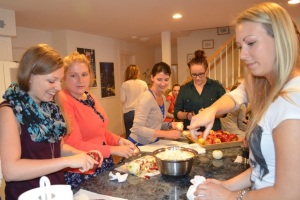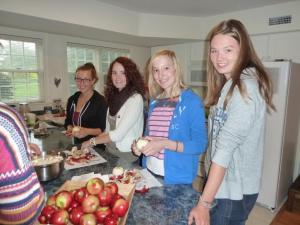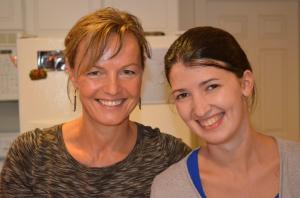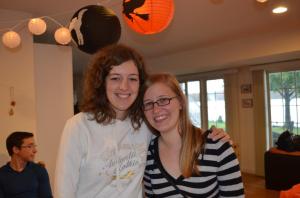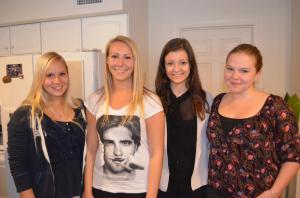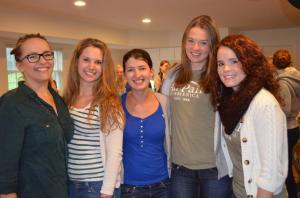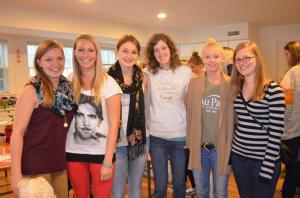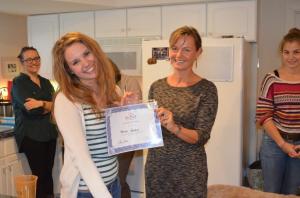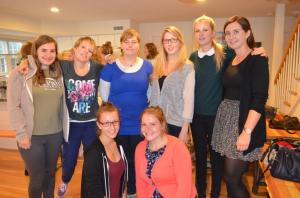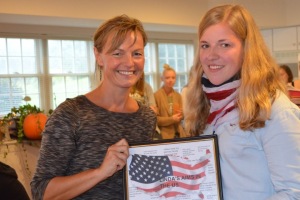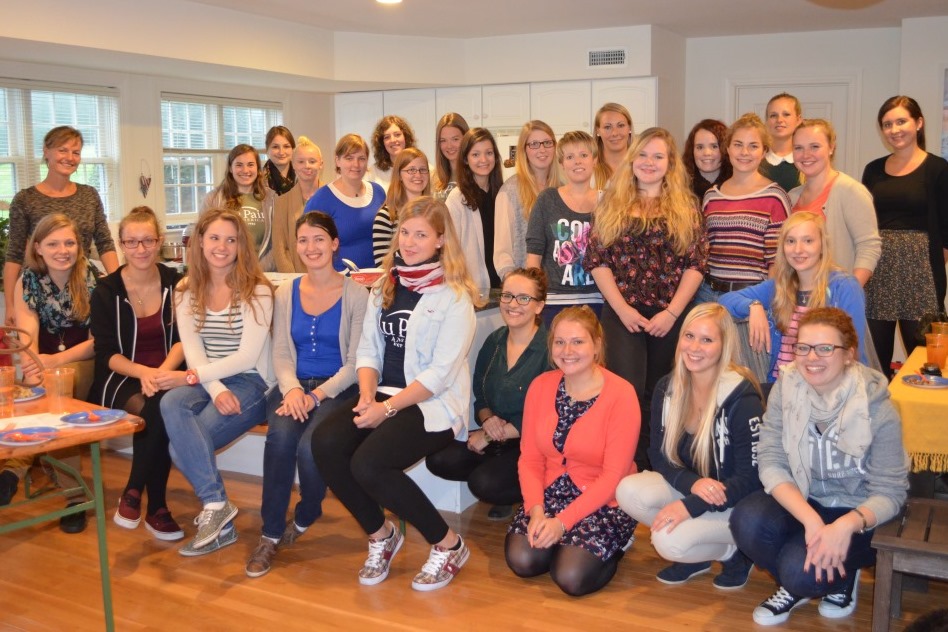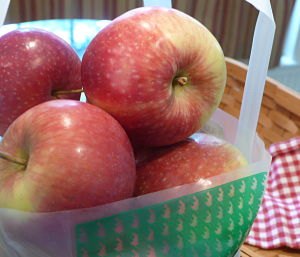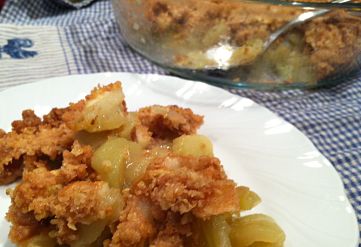Chag Sameach!
That’s the greeting Jews will be saying this evening when the Jewish holiday of Sukkot or the “The Feast of Tabernacles” begins. The weeklong agricultural festival begins at sundown on Wednesday, Sept. 18, and ends at nightfall, Sept. 25, also known as 15-21 of Tishrei 5774, according to the Hebrew calendar.
For those unfamiliar with the festival of Sukkot, below are five answers to common questions surrounding the harvest holiday:
1. What does Sukkot mean?
The word Sukkot, pronounced “Sue COAT,” means “booths” in Hebrew. It refers to temporary dwellings that Jews lived in for 40 years while wandering in the Sinai Desert after their exodus from Egypt. During that time, the Hebrew Bible describes how the huts shielded them from the outside elements. The holiday holds metaphorical meaning, representing how fragile we are and to appreciate the shelter of our homes and bodies.
2. How is it celebrated?
Sukkot is one of the three biblically mandated holidays in the Jewish calendar. Described in Leviticus 23:33-44, Jews are commanded to “live in temporary shelters” for seven days. These huts, called sukkahs, are normally built in backyards with branches as a roof-covering. For seven days and nights, all meals are to be eaten in the sukkah, some even sleep in the shelter during that time.
Throughout the festival Jews are commanded to hold four plants and wave them together during the holiday: the etrog (fruit of the citron tree), lulav (palm frond), hadas (leaves from the myrtle tree), and aravah (leaves from the willow tree). The practice harks back to the time of the ancient Temple in Jerusalem, when similar customs were performed.
 The Jewish holiday of Sukkot will begin at sundown on Wednesday, September 18, and end at nightfall September 25. Wikimedia Commons
The Jewish holiday of Sukkot will begin at sundown on Wednesday, September 18, and end at nightfall September 25. Wikimedia Commons
While first day of the holiday is considered a holy day where no work is to be performed, the seventh day is called Hoshanah Rabah. In synagogue, Jews circle the room seven times while the four plants are held and special prayers are recited.
A ritual derived from medieval times is Ushpizin or the welcoming of guests in to the sukkah. While it’s common to invite “earthly guests” to share a meal in the sukkah, the Kabbalah practice is a spiritual one where each night the family welcomes one of the “Seven Shepherds of Israel” — Abraham, Isaac, Jacob, Moses, Aaron, Joseph and David – that represent seven different sefirot, or divine energies, such as love, discipline and beauty.
3. How is a sukkah built?
A sukkah must have three walls and can be any size so long as it’s large enough to dwell in it. The roof plays particular importance. It must be made from sekhakh, a material that comes from the ground like tree branches, bamboo reeds, sticks or two-by-fours. These must be the last items used in the sukkah and should be spread out far enough to see the stars, but no more than 10 inches apart.
In the United States, sukkahs are typically decorated using harvest vegetables such as hanging dried squash and corn. Sukkahs are typically built on porches, backyards, courtyards, lawns, balconies and rooftops. There should be nothing between the sukkah and the open sky – no trees, canopies or roofs blocking view.
While some families opt to build their sukkahs from scratch, there are prefabricated ones and materials that are easy to assemble.
4. What’s to eat?
Since Sukkot is a harvest holiday, the menu includes dishes related to the autumn harvest. In the United States, Sukkot recipes incorporate apples, pears, sweet potatoes, carrots and other root vegetables. Stuffed foods like kreplach (stuffed dumplings) are another popular dish during the holiday, representing the overflowing abundance of food during the harvest.
5. What do you say?
Chag Sameach, which translates to, joyous festival, is a common greeting during Sukkot and other holidays including Shavu’ot and Passover. Unlike the recently observed Yom Kippur or Day of Atonement, Sukkot is a celebration that is commonly referred to as zeman simchateynu, the “season of our joy.”
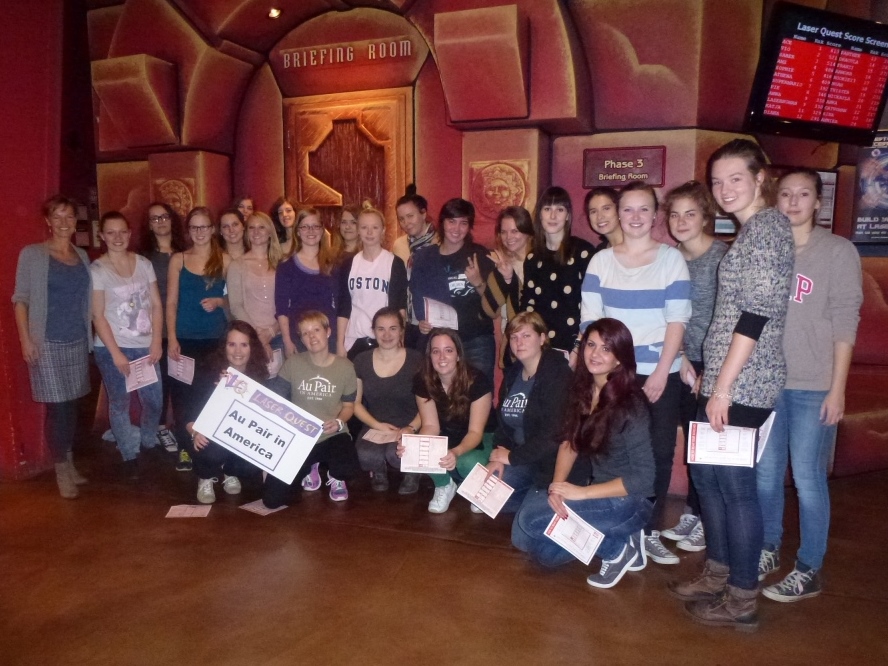
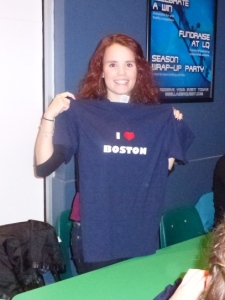
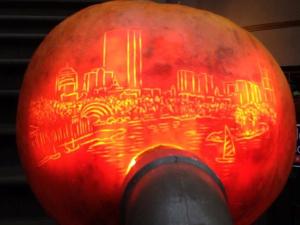
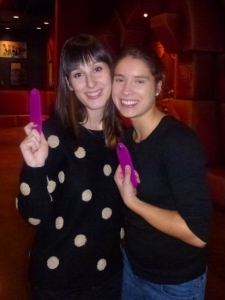
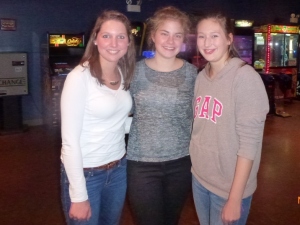
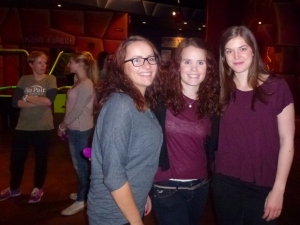


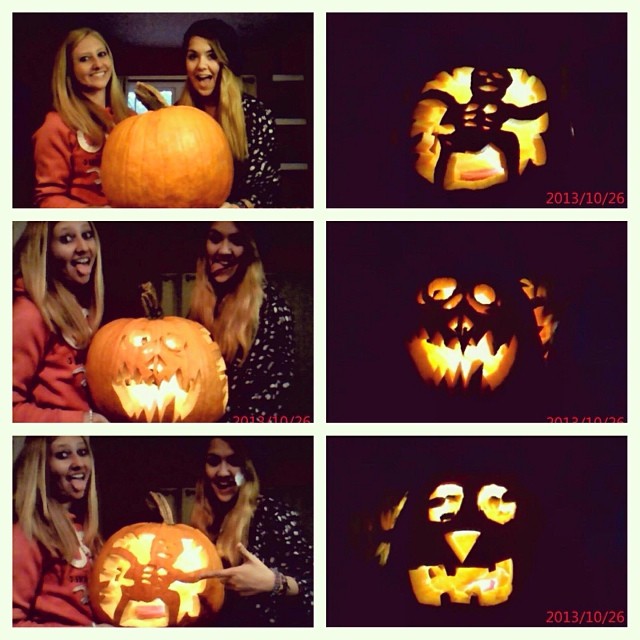










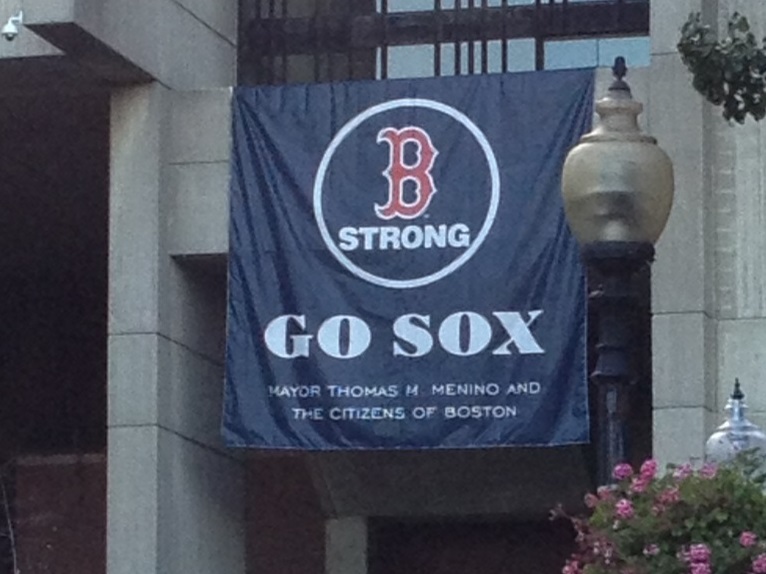
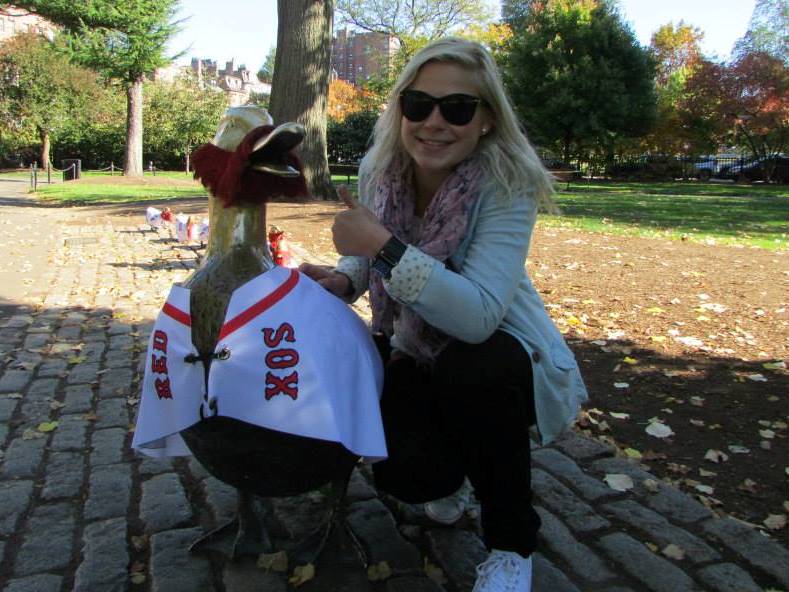

 We are very proud of the ongoing training we offer our au pairs which provides further educational guidance on a wide range of topics. Our orientation trainers take great care to research and prepare the topics presented via Webinars to our au pairs once placed in the home of a host family. Here is the list of what we have coming up:
We are very proud of the ongoing training we offer our au pairs which provides further educational guidance on a wide range of topics. Our orientation trainers take great care to research and prepare the topics presented via Webinars to our au pairs once placed in the home of a host family. Here is the list of what we have coming up: 